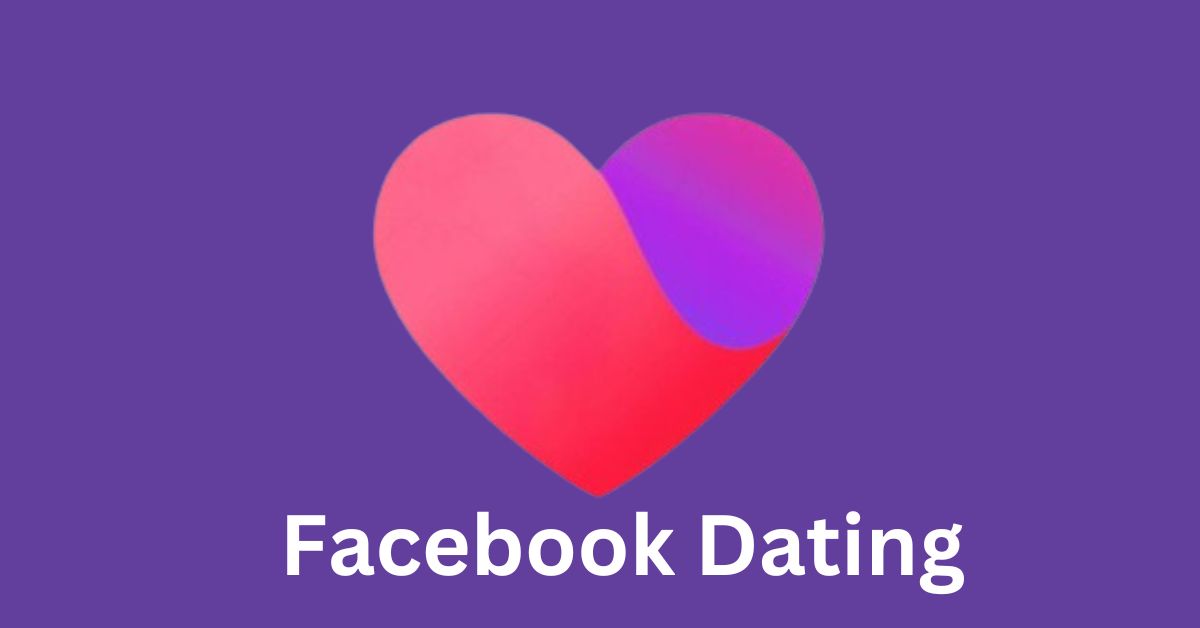Online dating can be a fantastic way to meet new people, but it also comes with risks—especially when it comes to fake profiles and scams. Facebook Dating, despite its security measures, is not immune to these issues. Scammers and fake profiles lurk in the shadows, waiting to take advantage of unsuspecting users. But don’t worry—I’ve got your back. In this guide, I’ll walk you through how to spot fake profiles and scams on Facebook Dating so you can swipe safely and find genuine connections.
Profile Red Flags to Watch Out For
Fake profiles can sometimes be obvious, but scammers are getting smarter. Here are some warning signs that should make you think twice before engaging with someone on Facebook Dating:
Too Perfect to Be True
If someone’s photos look like they belong in a modeling portfolio or they claim to be a billionaire entrepreneur with a heart of gold, be skeptical. Scammers often use stolen images of attractive people to lure victims.
Limited Profile Information
Facebook Dating is linked to your main Facebook profile, so a real person should have some history, photos, and activity. If someone’s profile is nearly empty, has very few friends, or lacks personal details, it could be a fake.
Stock or Stolen Photos
A reverse image search (using tools like Google Images or TinEye) can help you check if someone’s profile pictures are stolen from the internet. If the photos appear elsewhere under different names, you’re dealing with a scammer.
Vague or Overly Generic Bio
If the bio is full of clichés like “Just looking for love” or “Ask me anything,” without any real personality, it could be a red flag. Scammers use generic bios to appeal to a wide audience.
Common Facebook Dating Scams
Now that you know how to spot fake profiles, let’s talk about some of the most common scams you might encounter on Facebook Dating.
Romance Scams
This is one of the biggest dangers. A scammer will pretend to fall in love quickly, showering you with compliments and emotional messages. Then, they’ll come up with a sob story—maybe they need money for a sick relative or a plane ticket to visit you. Once you send money, they disappear.
Catfishing
This scam involves someone pretending to be a completely different person online. They use fake photos and identities to manipulate people emotionally. The goal could be anything from extracting personal information to financial gain.
Investment or Crypto Scams
If someone you just met on Facebook Dating starts talking about a “once-in-a-lifetime” investment opportunity—especially in cryptocurrency—run the other way. Scammers often lure victims with promises of huge returns, only to disappear with their money.
Phishing Attempts
Scammers may send you links asking you to verify your identity, log into an account, or claim a prize. These links can lead to phishing sites designed to steal your login credentials and personal data.
Military or Foreign Romance Scams
Scammers often pretend to be deployed soldiers, international businesspeople, or diplomats who can’t meet in person but want a serious relationship. They use emotional manipulation to gain trust before asking for money.
How to Protect Yourself from Scams
Verify Their Profile
Check their Facebook profile. Do they have friends, posts, and interactions? A real person should have some online presence. If their profile was created recently or looks too polished, be cautious.
Reverse Image Search
As mentioned earlier, use tools like Google Reverse Image Search to check if their profile pictures are stolen from elsewhere.
Be Wary of Love Bombing
If someone declares their love after just a few messages, that’s a huge red flag. Real relationships take time to develop.
Never Send Money
No matter how convincing their story is, never send money to someone you’ve never met in person. Scammers are professionals at making their lies sound believable.
Watch Out for Suspicious Links
Never click on suspicious links sent by someone you just met online. These could be phishing attempts designed to steal your personal information.
Video Chat Before Meeting
If someone refuses to video chat and always has an excuse, they might be hiding their true identity. A quick video call can confirm if they are who they claim to be.
Trust Your Gut
If something feels off, trust your instincts. If a person’s behavior seems manipulative, inconsistent, or overly secretive, it’s best to walk away.
Reporting Fake Profiles and Scammers
Facebook provides tools to report fake profiles and scammers. If you come across a suspicious account, take the following steps:
- Go to their profile.
- Click on the three dots (•••) in the top right corner.
- Select “Find Support or Report.”
- Choose the appropriate reason (e.g., Fake Profile, Scam, Harassment).
- Follow the prompts to complete your report.
By reporting scammers, you help protect not just yourself but also others from falling victim.
Conclusion
Facebook Dating, like any online dating platform, comes with risks. But by staying alert and knowing how to spot fake profiles and scams, you can enjoy a safer, more authentic dating experience. Look for red flags, never send money, verify identities, and trust your instincts. If something doesn’t feel right, it probably isn’t. Stay safe, and happy dating!
